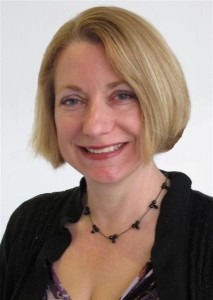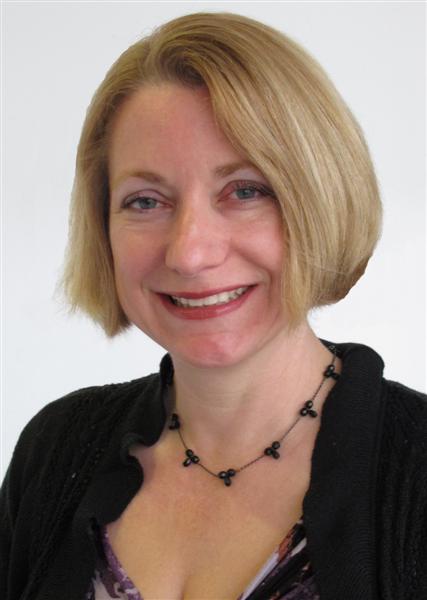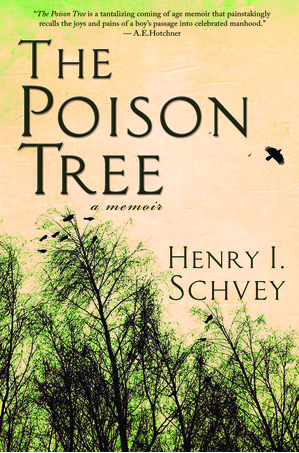Share the post "Career, Romance and 50 Shades of Michele Dunaway"

Michele Dunaway
I’ve known Michele Dunaway nearly six years. I met her in an airport lounge and…No, this isn’t the intro to one of her best-selling Harlequin Romance novels.
She was at the airport because some of NASCAR’s biggest names were in town to race at an area dirt track and she was researching the sport to write a NASCAR-themed romance novel. I was there because I worked in the sport at the time as a reporter and motorsports radio show host. She asked me if she could use me as a source of information for the sport and the drivers who would be appearing and I said of course. That little conversation got my name in the credits of her book Hart’s Victory. So yeah, I’m kind of a big deal.
We’ve been friends ever since. Although I have to admit, she has done far more to help me with my writing career than I ever did for hers. She’s been a great source of information and after taking a hiatus on the heels of writing more than 20 best-selling novels, Michele is working on her next book. I had a chance to chat with her about the business of love and those 50 Shades of Grey books everyone seems to either love or hate.
Kurt Bali: You’re a romance writer. First and foremost, your thoughts on 50 Shades of Grey and what it’s done for the genre.
Michele Dunaway: Actually, I haven’t read it because, quite frankly, it’s not a romance in the traditional sense. It’s erotica that is pretty badly written according to friends who have read it–in fact, I believe it started out as Twilight fan fiction. But for some reason it struck a chord and became a runaway best seller, which has now inspired everyone to start putting S&M in single title books. Really, I don’t want my relationships, or that of my characters, based only on sex, so while I admire her success, count me not a fan of the genre or the fact that her characters think she can’t get pregnant while on her cycle. Hello? Health class anyone?
KB: At what point did you recognize that you were a writer and that you wanted to do it as a career?
MD: I sold my first book in 1999 and saw it published in 2000. I’ve been writing since first grade and have a Master’s degree in Media Communication. I’ve always wanted to tell stories. When I first published, it was like, “Hey, I can do this.”
KB: Have you been able to live solely as a writer or do you still have a day job?
MD: I still teach full time. I live the best of both worlds, and the day job pays for really good health insurance and retirement.
KB: As a teacher and one that works in the field of writing and publishing, have you had students approach you about getting into the field of writing and if so, what do you tell them?
MD: I actually present workshops to students at the national journalism convention. The biggest thing is to finish the book. You can’t sell without a complete manuscript. The second is to check your ego at the door. Be ready for honesty–someone will tell you that your baby is ugly (like I did above). However, when you sell you can laugh your way to the bank.
KB: What drew you to the romance genre?
MD: I like happily ever after. I mean really, isn’t that what we all want? To be in a forever, equal relationship and truly loved? This is why Jane Austen’s works still resonate today.
KB: People have a certain image in their minds when they hear “Harlequin Romance.” Is there a stereotype you’d like to put an end to regarding that brand?
MD: These are not the bodice-rippers of the 70s. Cinderella doesn’t need anyone to save her. She can save herself. Marrying the guy is just frosting on the cake, not the cake itself. He’s part of her world, not the whole thing. She’s not incomplete without him, just better because of him.
KB: You wrote a couple NASCAR-themed books. Did that create male fans? Did you have male fans before?
MD: You’d be amazed at how many men actually read romance novels. Heck, Nicholas Sparks and James Patterson have written them. There’s no shame in it.
KB: Was getting your first book published the thrill that many would-be authors think it is or was it not what you expected?
MD: My dad cried at my first book signing in October 2000, and in May 2002 he passed away. Knowing he got to see my success was the best thing ever. Trust me, there’s nothing like walking into a book store and seeing your book on the shelf. It’s indescribable.
KB: Finally, in this age of self-publishing and do-it-yourself book promotion, what would you tell a writer trying to get his first book published?
MD: Be ready for a lot of hard work. If you don’t have a big publishing house behind you, with all the marketing that it does, then you’re going to really have to brand and make a name for yourself. And if you are self publishing, the biggest key is that what you write needs to be really, really good. No mistakes. No errors. Darn good story. You’re competing in a very competitive market. You’ll need to stand out, and the best way to do that is with superior stories. That’s really what it boils down to–a good read.



